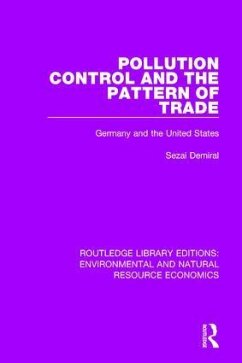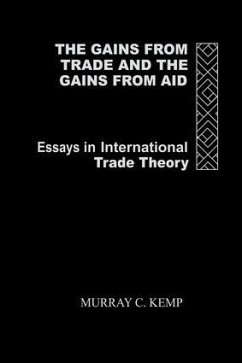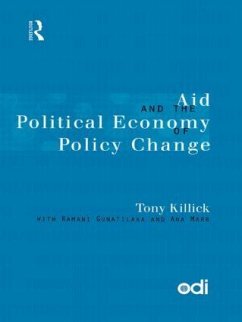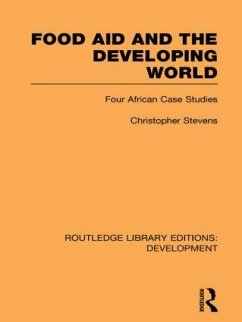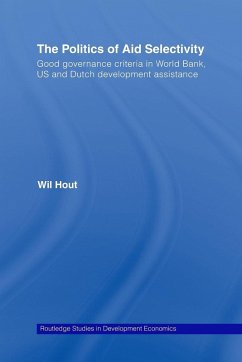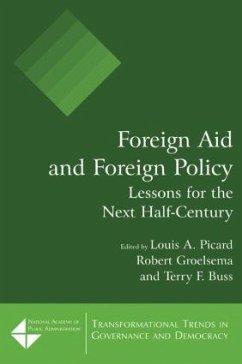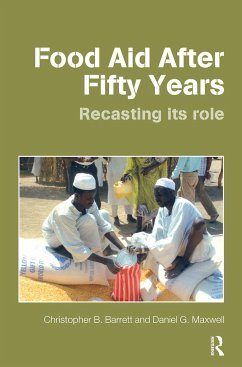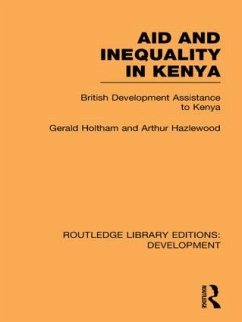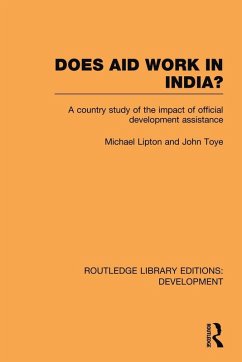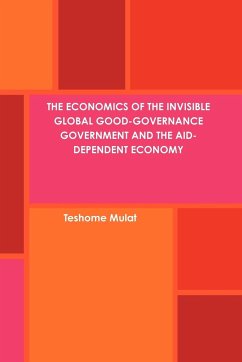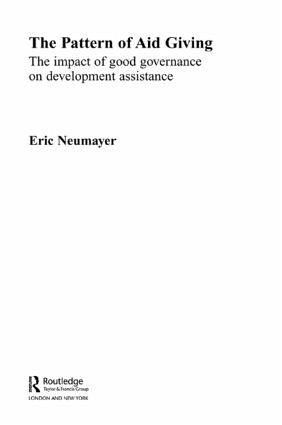
The Pattern of Aid Giving
The Impact of Good Governance on Development Assistance
Versandkostenfrei!
Versandfertig in 1-2 Wochen
59,99 €
inkl. MwSt.
Weitere Ausgaben:

PAYBACK Punkte
30 °P sammeln!
Practically all donor countries that give aid claim to do so on the basis on the recipient's good governance, but do these claims have a real impact on the allocation of aid? Are democratic, human rights-respecting, countries with low levels of corruption and military expenditures actually likely to receive more aid than other countries? Using econometric analysis, the author examines the factors that really determine the patterns of aid giving. The author analyses such examples as: * aggregate aid flows * aid from multilateral organisations such as the EU and the UN * aid from bilateral donor...
Practically all donor countries that give aid claim to do so on the basis on the recipient's good governance, but do these claims have a real impact on the allocation of aid? Are democratic, human rights-respecting, countries with low levels of corruption and military expenditures actually likely to receive more aid than other countries? Using econometric analysis, the author examines the factors that really determine the patterns of aid giving. The author analyses such examples as: * aggregate aid flows * aid from multilateral organisations such as the EU and the UN * aid from bilateral donors such as Germany, Japan, the US as well as Arab donors. This concise, well argued and well researched book will be a great read for students, academics and policy-makers involved in development studies, economics and international relations.





